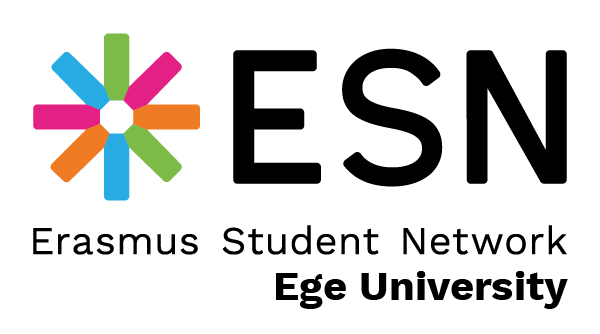The idea to celebrate International Mother Language Day first came from Bangladesh. The general conference of the United Nations Educational, Scientific and Cultural Organization (UNESCO) decided to celebrate February 21 as International Mother Language Day in November 1999.
When we say mother tongue, we mean the one learned by an individual spontaneously and naturally, so, not about one’s education. It does not always coincide with the official language of the country. Fun example, in Italy up until the last century, the mother tongues were the local ones, until the gradual spread of Italian, which has now become the mother tongue for most of the inhabitants. Every language has a wealth of unique and special words that stand out for how they sound, for their meaning, or for the fame they have.
As you all know, the lands of today’s Turkish Republic were spread over a large geography during the Ottoman Empire. Large lands meant rich culture. The rich culture is different languages. From the time of the Ottoman Empire to the establishment of the Turkish Republic, more than 10 mother tongues were used in this geography. Some of them were languages such as Greek, Arabic, Persian. As time passed and the Ottoman Empire lost territory, the number of these languages decreased. Even the Ottoman Empire's own language changed over time. In the early days of the Republic, French was very common in these lands. Today, there are 6 mother tongues in the Republic of Turkey, according to official authorities. These are Turkish, Kurdish, Arabic, Zazaki, Laz, Circassian, Armenian and Greek. Although the geography shrank compared to the Ottoman Empire, cultural and linguistic diversity continued here.
Mustafa Zengin


Follow us